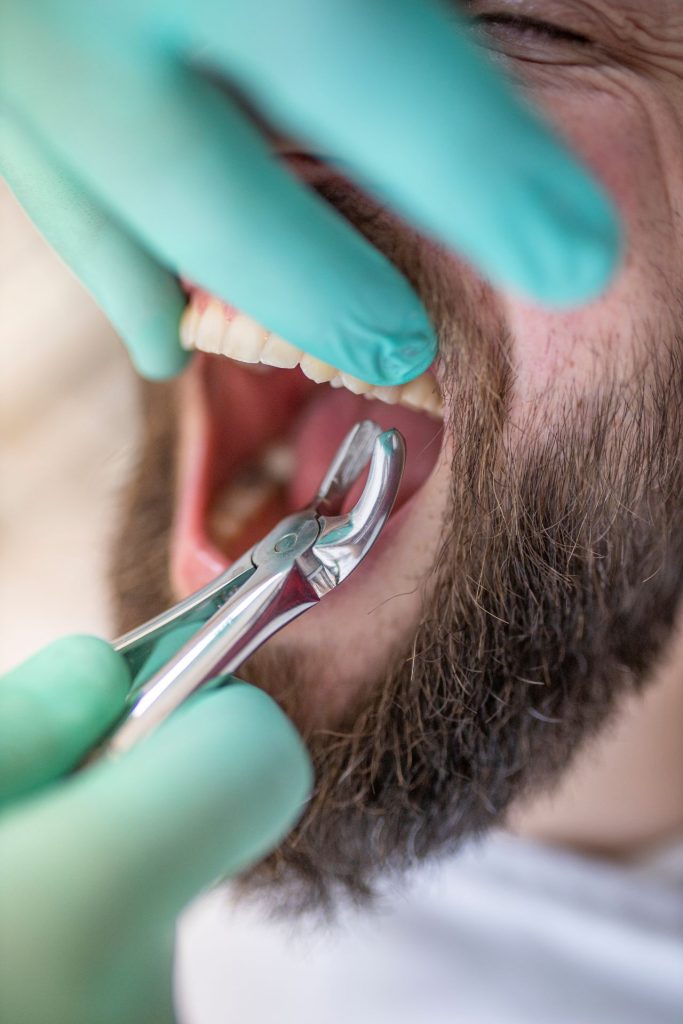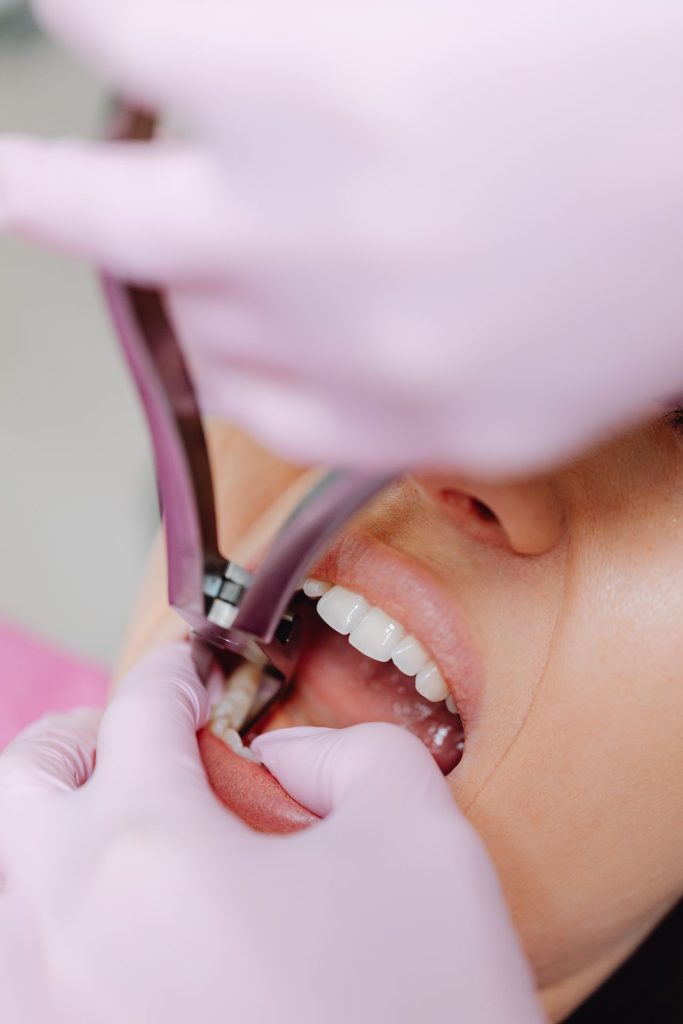Tooth extractions serve to remove teeth that pose a threat to oral health or functionality. Common reasons for extractions include:
The extraction process typically involves two types:
Individuals who may need tooth extractions include those with:


In conclusion, tooth extractions are necessary for various reasons and can be performed using simple or surgical methods. It is essential to choose a qualified dental professional and follow pre- and post-procedure guidelines to ensure a successful outcome and proper healing.
